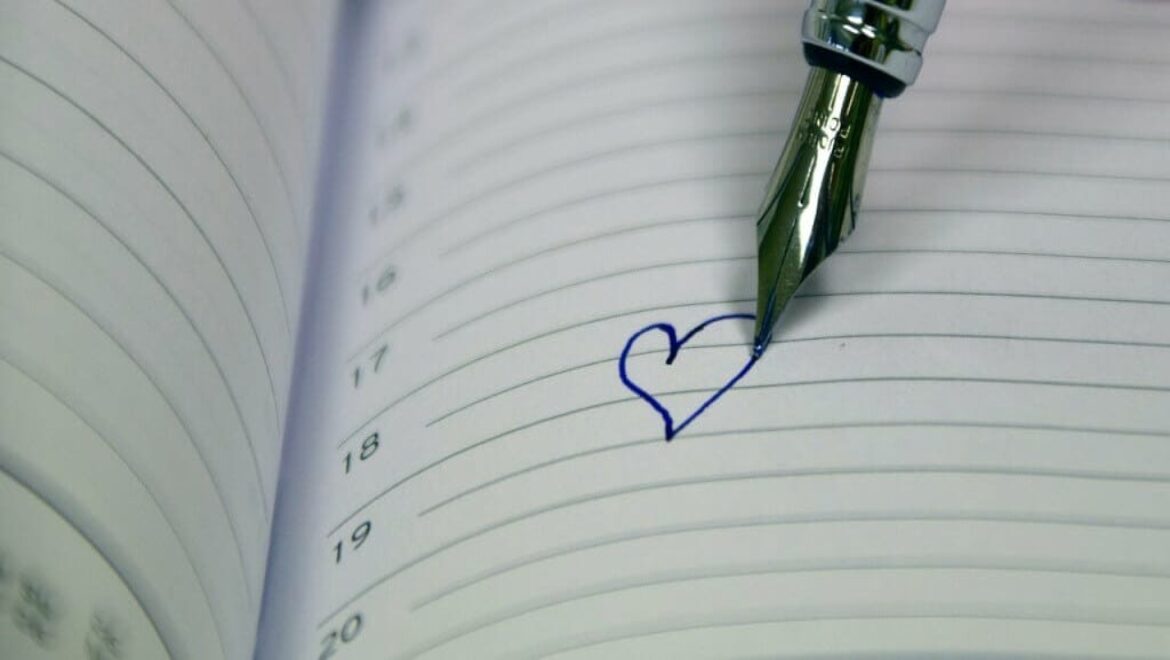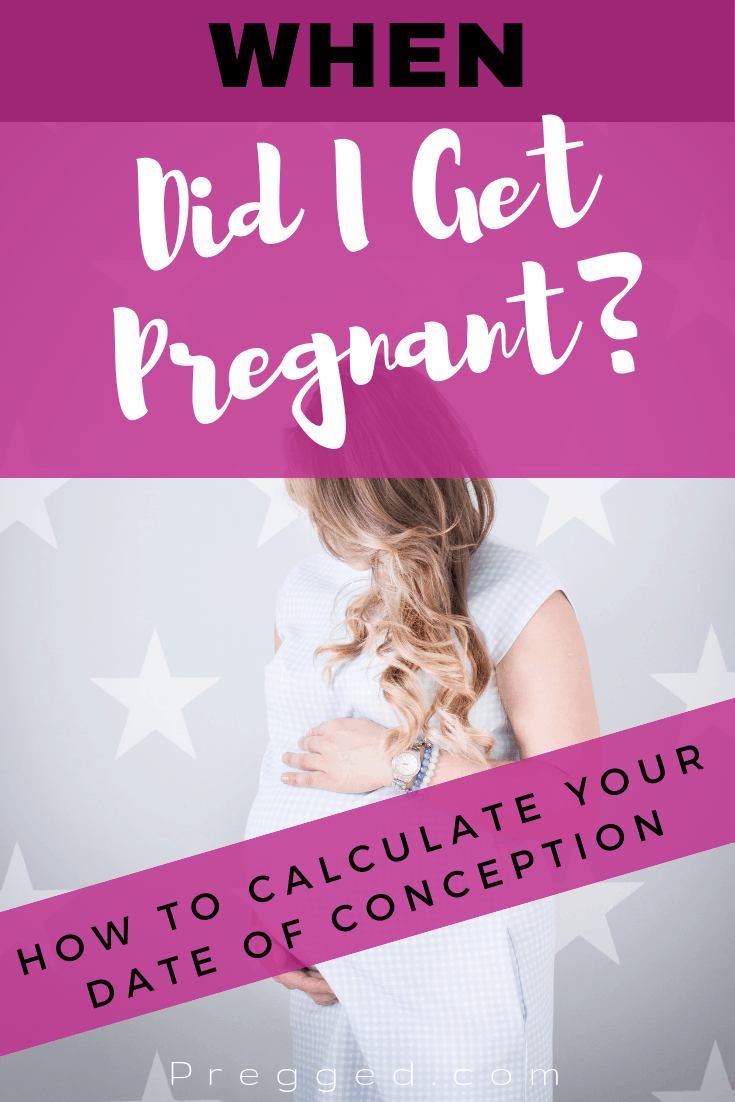
One of the first questions you might ask yourself when you find out you’re expecting is when you conceived.
This can be for a few different reasons. It can be because you’re simply so excited about becoming pregnant that you want to know which time caused the event to occur, or it could be for a more complicated reason, e.g. ascertaining the father.
It could also be because you’re simply so shocked that you are pregnant you want to try and pinpoint when this whole event happened.
Whatever the reason we’re about to enter some rather complicated ground.
It’s a Little Complicated
Our bodies are not predictable beasts, and they do not fall into predictable patterns either. Trying to work out exact dates is, at best, extremely complicated.
Working out the 100% concrete date of conception is basically impossible. Literally.
What you can do is give yourself a rough date, and that’s going to have to be enough!
The reason for this is because every single woman has a different cycle, and there can be fluctuations within this cycle for a huge variety of different reasons, such as stress or illness.
One cycle can last for a set number of days, and the next one can fluctuate or go haywire, before returning to normal. It’s not unusual for this to happen at some stage during a woman’s life.
Ovulation can occur at various times during any cycle, even when everything is running smoothly.
And on top of this, after sex, sperm can happily live inside your body for anything up to five days, without losing its strength.
This means that if ovulation kicks in four days after the last time you had unprotected sex, you could still become pregnant by the event which happened those four days ago.
See how complicated it can all be? Nobody ever said the female body was easy to understand!
Can You Pinpoint the Actual Date?
The bottom line is that conception does not happen straight after sex.
This fact makes it almost impossible to pinpoint the actual date it all happened.
It is for this reason that when calculating your estimated due date for birth (EDD), your midwife or obgyn will calculate the start of your pregnancy by the date of your first day of your last period.
Your EDD is never exactly nine months after your baby was conceived.
It just doesn’t work that way.
Of course, you will have an ultrasound scan which will be able to ‘date’ your pregnancy, based on the size of the fetus.
Again, this won’t give a certain date of conception, but it will give a rough guide.
From the information discovered during your scan your EDD may be adjusted to be a little more accurate.
How to Calculate The Date Roughly, at Least
The best way to try and figure it all out roughly, without putting your heart on the line and stating that ‘this was the actual date’ is to try and work out when your ovulation usually occurs.
If you have the regular 28-day cycle this is a little easier. If you have a longer or shorter cycle it can get more complicated.
If your cycle is bang on regular every month, and you never have any problems or fluctuations, again, life is a little easier.
In a regular cycle ovulation is supposed to start around day 14 but that doesn’t mean that it will.
Again, we’re being rough with our estimations here, because that’s the best we can be.
When you begin to ovulate, your peak conception time is within 24 hours after ovulation.
Having said that, you are fertile at any point of ovulation, whether you had sex before that or not – thanks to that hardy sperm that doesn’t die straight away.
Can Your Midwife Tell You More?
Not really. We’re not being difficult here and trying to upset you, because it’s understandable that most women want to know when the magical event happened, to hold it dear in their hearts.
It’s also possible that you want to know for paternity issues, but trying to tie your head up in knots doing maths and working it all out is not going to do you any good, and is simply going to cause you stress.
In this case, a DNA or paternity test is the only way you’ll get a 100% answer.
There is only one way you will ever know for sure which ‘event’ caused the pregnancy – if you only had sex one time in a month.
That’s the only time you’ll know. Even this won’t give you the exact date, because of the factors we’ve mentioned before.
Again, conception doesn’t happen instantly after sex.
The bottom line is, you’re pregnant, and you can pretty much figure out the two-week window it might have happened within; surely that’s enough?
Your EDD will be adjusted probably at least once during your pregnancy, and at the end of it all, your little darling will certainly come when he or she is ready anyway.
Trying to become too sure of when it all happened is going to give you a headache, cause you stress, and basically take away the magic and wonder of early pregnancy.
Instead of trying to become a mathematician or biologist, stick to the facts – enjoy the occasion, and look to the future.

